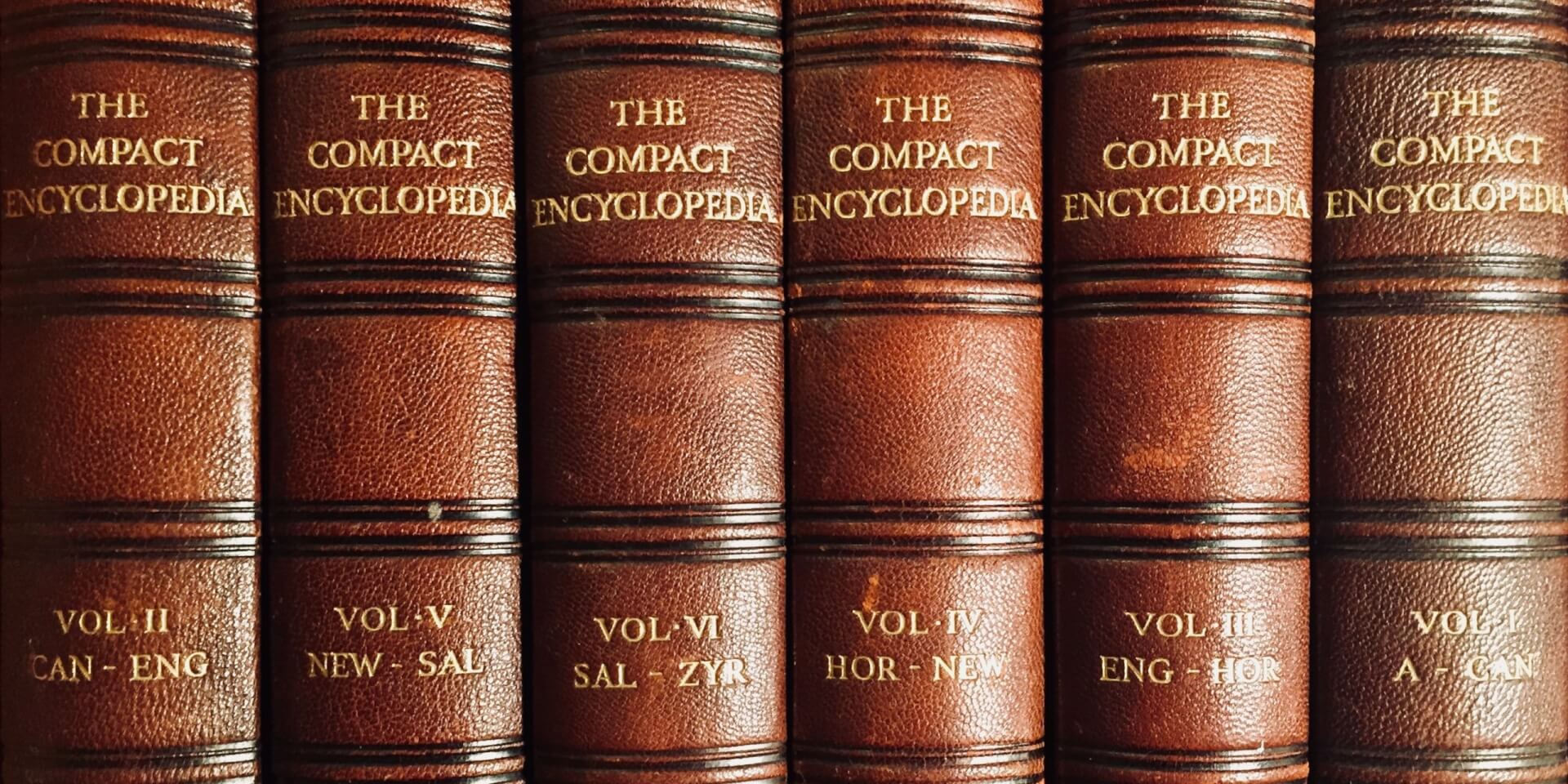
The Encyclopaedia Britannica can now be held in the smallest of mobile phones many times over. The accessibility of digital platforms, including social media, is one of the more remarkable features of our age. It offers most publics access to banks of expert knowledge at low cost and less time than it takes to reach for the bookshelf.
This comes with opportunities for organized science. The editorial decentralization of most digital platforms offers researchers the opportunity to profile their research and access millions of readers with bracing efficiency. Wikipedia for instance, returns at the top of billions of searches every day and the platform uses an open network of volunteers to generate content. It’s a model for publishing expertise that has a passing similarity to the traditional peer review system and draws on the principles of the scientific global consensus.
However, it is not clear that the scientific community is aware of the transformative potential and access that platforms like these offer.
There are of course, also challenges with digital platforms. UNESCO is urgently working on drafting guidelines to regulate such platforms in order to protect vulnerable groups and the principles of freedom of expression. For organized science this regulation is of interest for a number of reasons. First because of the increasing exposure of scientists around the world to online harassment. Secondly, scientists need to guard against disinformation and misinformation on these platforms and could be crucial stakeholders in sense-checking and flagging content that misrepresents the scientific consensus. Finally researchers need ethical access to the data on these platforms to monitor the impact of the technology.
Register for the webinar series
The ISC will have two webinars with the Wikimedia foundation to explore these issues through March. The first webinar on 16 March (Managing Knowledge Integrity on Digital Platforms ) will look at how the Wikimedia model has tried to balance Freedom of Expression will containing disinformation. We will also reflect on the UNESCO conference, Internet 4 Trust held in February and efforts towards a global regulatory system.
The second webinar on 30 March (Building Special Projects on Wikipedia) will describe some of the ways that the scientific community can be more involved in editing content on the Wiki platform. This webinar will focus on Wiki’s coverage of COVID-19 and a project by a community of editors.